
Grades:
9th Grade
This is a cash cow lab experiment, students are going to apply their experiment at the lab. it's a biotech labs that uses the fact that molecules of different sizes move at different speeds

Grades:
Kindergarten, 1st Grade, 2nd Grade, 3rd Grade, 4th Grade, 5th Grade, 6th Grade, 7th Grade, 8th Grade
Most students are likely familiar with popular films like Happy Feet, Surf’s Up, Penguins of Madagascar, and classic books like Mr. Popper's Penguins. Capitalizing on this familiarity with penguins
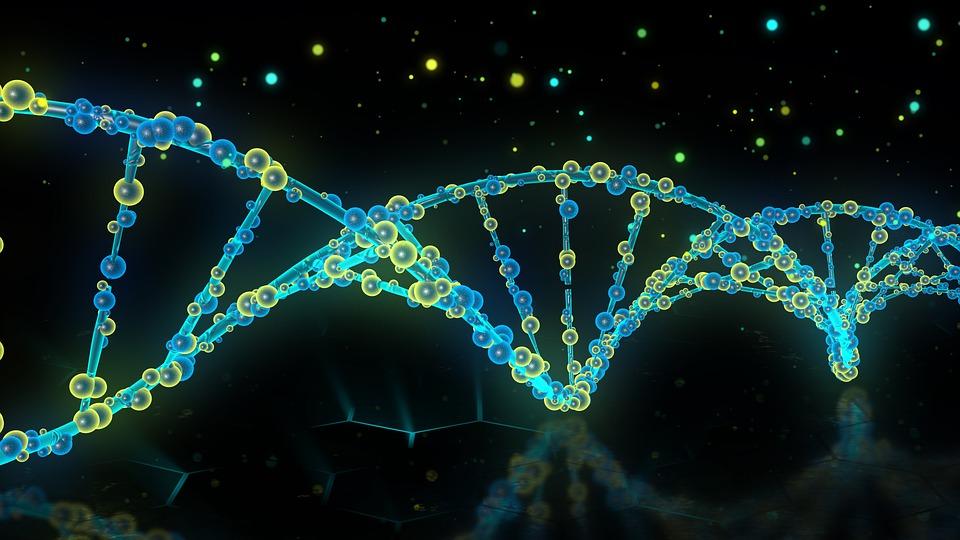
Grades:
3rd Grade
Students compare the structures and functions of traits that enable organisms to survive in a specific environment. Analyzing the traits of animals provides evidence for how those traits vary, how

Grades:
3rd Grade, 4th Grade, 5th Grade
Learn about forces and motion while reading the book Sheep in a Jeep and doing activities to determine the average distances of objects in motion.

Grades:
7th Grade, 8th Grade, 9th Grade, 10th Grade, 11th Grade, 12th Grade
Dive into the physics and engineering and programming of holonomic drives! Learn to code and control movement for your FTC robot with hands-on activities and real-world applications.

Grades:
7th Grade, 8th Grade, 9th Grade, 10th Grade, 11th Grade, 12th Grade
This is the fourth lesson in a series of four designed to guide students through the process of designing, implementing, and documenting their own independent STEM research projects. This lesson

Grades:
4th Grade
Hike the trail to the Fort Bowie visitor's center and collect data on plants and artifacts you see there. This lesson involves data collection in the field and creative graphing in the classroom.

Grades:
4th Grade, 5th Grade, 6th Grade, 7th Grade, 8th Grade
Lesson "Phoenix Reimagined: From Sun City to Solar City" ensures that students engage in age-appropriate, hands-on learning experiences that promote understanding of solar energy and its applications

Grades:
7th Grade, 8th Grade, 9th Grade, 10th Grade, 11th Grade, 12th Grade
Students will investigate different counting methods to find out total number of outcomes to be applied in probabilities. They will learn about fundamental counting principle, permutations, and
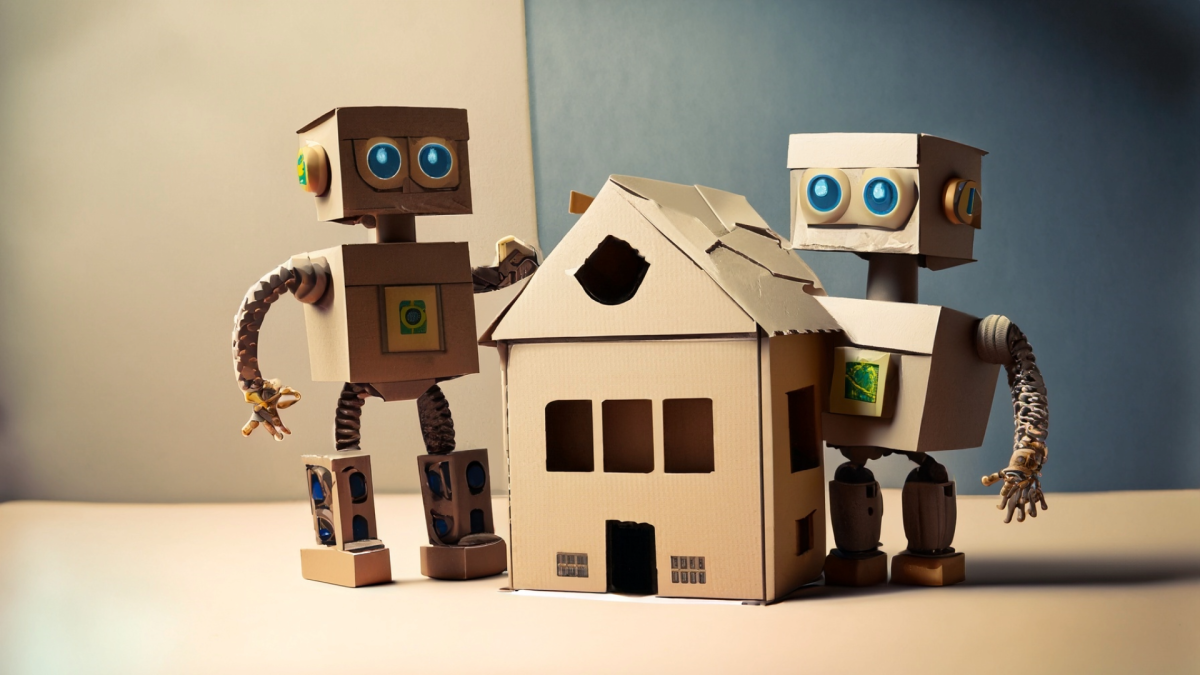
Grades:
5th Grade
This lesson plan explores earthquakes and how to build structures that will stay standing. After learning about earthquakes, they will make their own dream house. They must consider the facts in

Grades:
9th Grade, 10th Grade, 11th Grade
In this engaging lesson, students will delve into the fascinating world of phylogenetics, using the DNA sequences and genetic information of their selected organisms to construct an automated

Grades:
3rd Grade, 4th Grade, 5th Grade
This lesson plan is an introduction to basic coding for students in 3rd - 5th grade. There is an activity that involves no technology before they go on a computer to practice their coding skills!

Grades:
3rd Grade, 4th Grade, 5th Grade
This lesson is an intro to Cybersecurity and it helps bring awareness. This lesson helps students understand the importance of change and creating passwords secure enough so their emails or logins
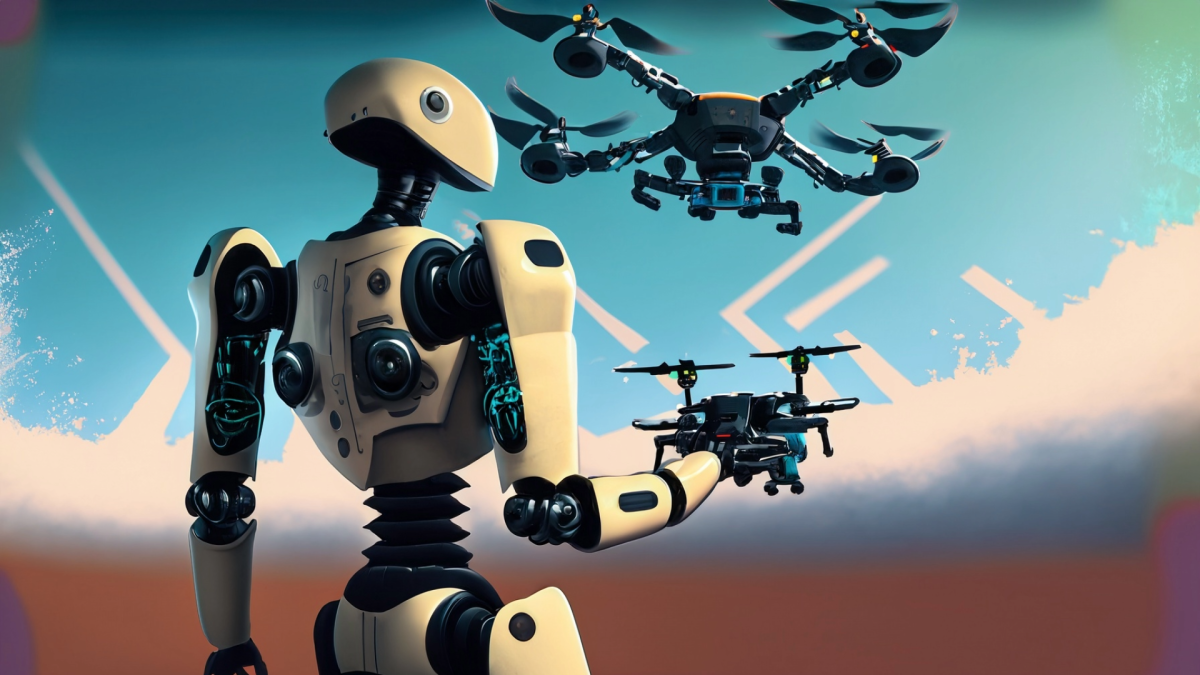
Grades:
6th Grade, 7th Grade, 8th Grade
Students will learn the importance of clear, precise communication by directing a partner to navigate a drone through an obstacle course. This exercise will draw parallels to writing clear and

Grades:
9th Grade, 10th Grade, 11th Grade, 12th Grade
Students will explore the historical use of natural pigments by indigenous peoples, particularly those native to the Southwest region. They will use mathematical concepts to paint using the pigments
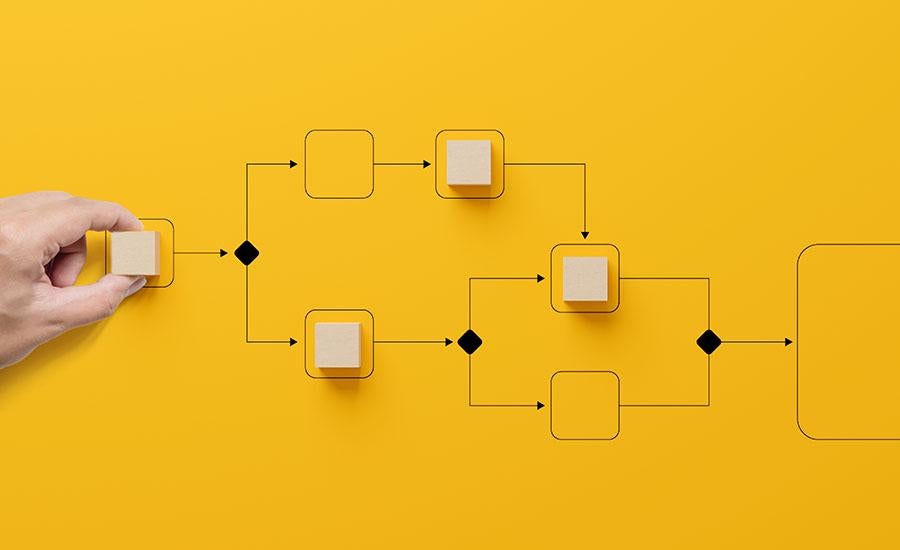
Grades:
9th Grade, 10th Grade
Students will understand and apply geometric concepts such as symmetry, angles, and scaling in the context of labyrinth design.

Grades:
9th Grade, 10th Grade, 11th Grade, 12th Grade
In this hands-on STEM lesson, students take on the role of engineers tasked with developing an autonomous robotic solution for a complex real-world challenge. They explore the fundamentals of robotics

Grades:
Kindergarten, 1st Grade
This lesson is intended to teach students where seeds come from to grow fruits and vegetables. Students will participate in a seed investigation by reading a story and then finding seeds in various

Grades:
3rd Grade, 4th Grade, 5th Grade
This lesson encourages students to use their imagination, design and construct something out of cardboard and other recyclables if you choose. Students will first be inspired by reading Pete the Cat’s

Grades:
Kindergarten, 1st Grade, 2nd Grade
Teachers don't talk trash, they talk COMPOST!! Compost is the best way to teach students the value of community as they create a Classroom Compost Program. In this 3-day introductory lesson, students

Grades:
6th Grade, 7th Grade, 8th Grade, 9th Grade, 10th Grade, 11th Grade, 12th Grade
Students will pick an issue that they think exists in the world and propose a solution via a presentation. This will model a TedTalk.
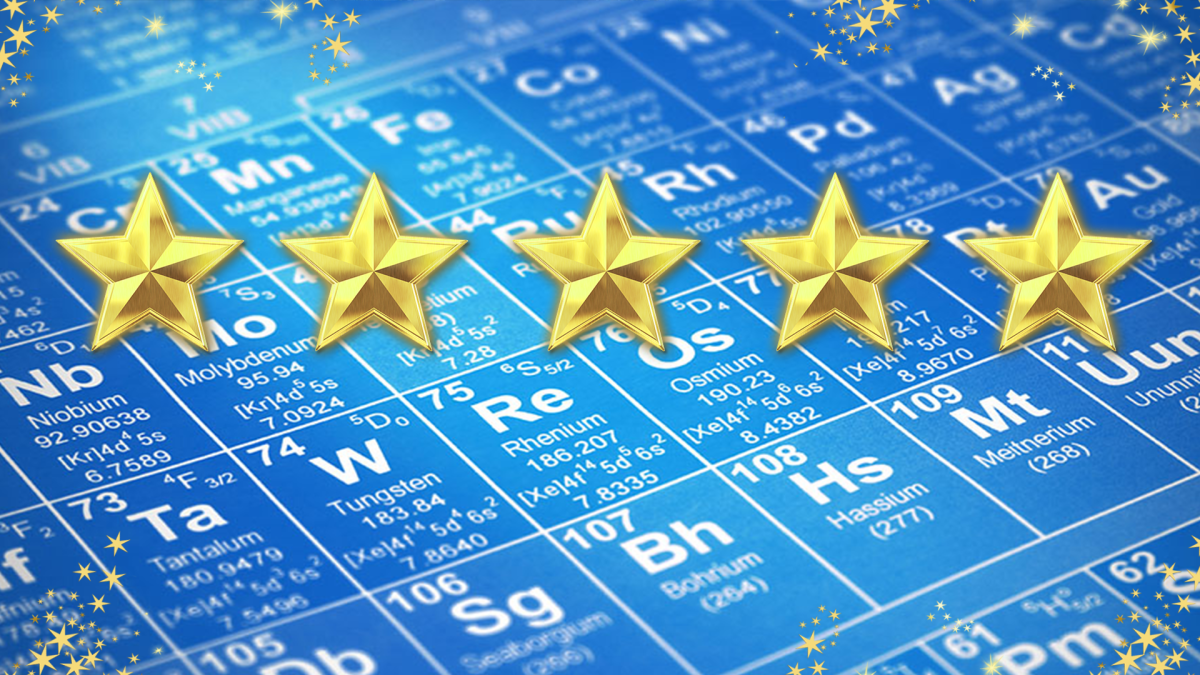
Grades:
9th Grade, 10th Grade, 11th Grade, 12th Grade
The first rule in the chemistry lab is “don’t eat or drink or lick anything in the lab”! This lesson breaks those rules and shows students how culinary is really a practical application of chemistry
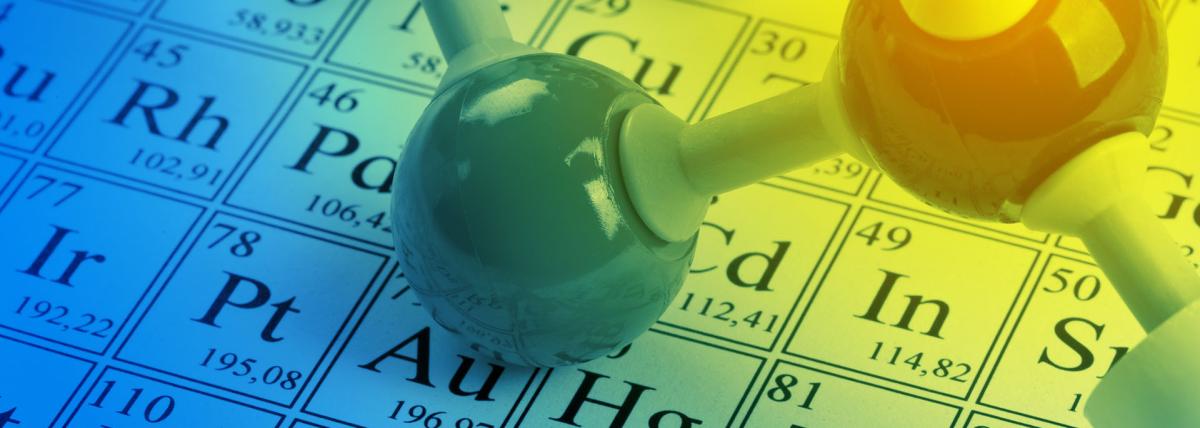
Grades:
10th Grade, 11th Grade, 12th Grade
In this engaging and interactive lesson, high school students (grades 10-12) will explore the fascinating world of molecular geometry using the PhET "Molecule Shapes" simulation. The lesson is

Grades:
2nd Grade, 3rd Grade
Students will research a biome around the world, including 3 animals, 3 plants, and 3 nonliving parts of the ecosystem. Students will construct a diorama of the biome and illustrate a natural disaster


